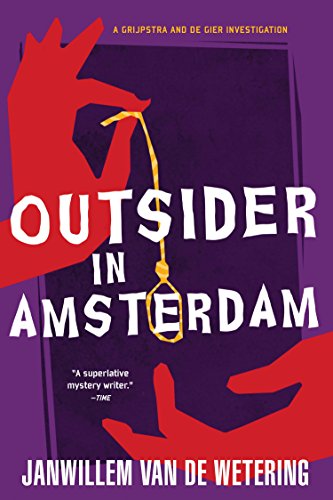There are a vast number of Chinese cookbooks out there, but none that surpass this authentic book written by an author from China known to many as the “Chinese godmother” of cookery.
This new masterwork of Chinese cuisine showcases acclaimed chef Eileen Yin-Fei Lo's decades of culinary virtuosity. A series of lessons build skill, knowledge, and confidence as Lo guides the home cook step by step through the techniques, ingredients, and equipment that define Chinese cuisine.
With more than 100 classic recipes and technique illustrations throughout, Mastering the Art of Chinese Cooking makes the glories of this ancient cuisine utterly accessible. Stunning color photography reveals the treasures of old and new China, from the zigzagging alleys of historical Guangzhou to the bustle of city centers and faraway Chinatowns, as well as wonderful ingredients and gorgeous finished dishes. Step-by-step brush drawings illustrate Chinese cooking techniques. This lavish volume takes its place as the Chinese cookbook of choice in the cook's library.
“The only thing better than having Eileen Lo cook for you is having her teach you how. She takes you on an incredible journey…carefully explaining the steps of every important Chinese cooking technique, while also communicating a profound respect for flavors. She is the Chinese godmother every chef wishes he had.” - Daniel Boulud, world-renowned chef
Note: Some Amazon reviews note that there are issues with the ebook version of this cookbook. These have all been corrected.




















